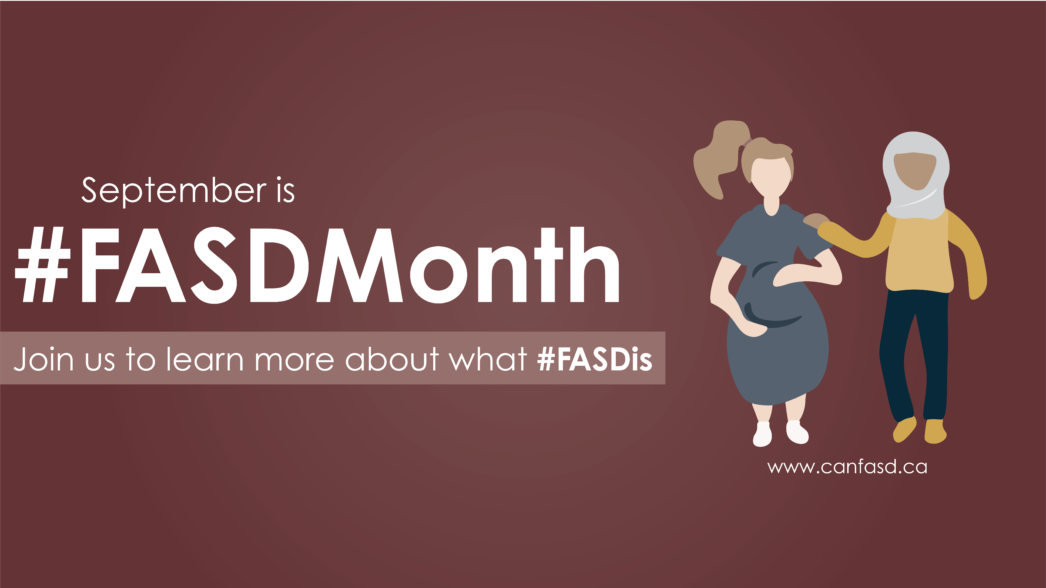Here’s a brief summary on the some of the latest research published on fetal alcohol spectrum disorder (FASD).
Fetal Alcohol Spectrum Disorder and Stress
Stress is a normal part of our daily lives and certain amounts of stress are important to help us function. Small doses of stress help us meet deadlines, get to places on time, and prepare for important events. However, long-term stress can be harmful and can lead to mental and physical health problems, like depression, substance use issues, and stroke.
Looking for Artists with FASD!
We’re looking for Canadian artists with fetal alcohol spectrum disorder (FASD) to participate in our annual art competition!
What’s New in FASD Research: September 2020
How health care providers communicate with women about alcohol use during pregnancy is very important for FASD prevention. The authors of this study evaluated 61 midwives in a southwestern U.S. state to understand how their personal alcohol use compared to their professional recommendations about alcohol consumption during pregnancy
October Webinar Update
We are taking a short hiatus from our CanFASD Webinar Series for the month of October as we prepare for the many amazing virtual conferences that we will be attending.
Article Summary #3: Forty Years of Assessing the Effects of Prenatal Alcohol Exposure
Early life assessment of neurodevelopment and behaviour (NDB) can facilitate timely and meaningful intervention for young children at risk of negative outcomes. In the current study, researchers reviewed the literature to examine what has been learned over the last forty years about NDB difficulties in children with PAE in the first 2 years of life.
Next Steps for FASD Awareness
Despite the changes a global pandemic brings, people all across Canada banded together to celebrate FASD Awareness Month. From socially distanced awareness walks to viral videos and everything in between, the FASD community has found some very creative ways to raise awareness.
Experts publish the first medication guidelines for people with FASD
Many individuals with FASD are prescribed a large number of medications at the same time, which can cause harmful side effects. A medication algorithm can help address this problem.
What FASD Awareness means to CanFASD
Raising awareness of FASD in Canada can help us to overcome stigma and stereotypes and improve supports and services to address FASD.
Diagnosing People with FASD using Telehealth
Telehealth has been suggested as an effective means of providing FASD assessment and diagnosis to rural and remote communities. However, only three Manitoba-based studies have explored the effectiveness and experiences of FASD telehealth programs.








